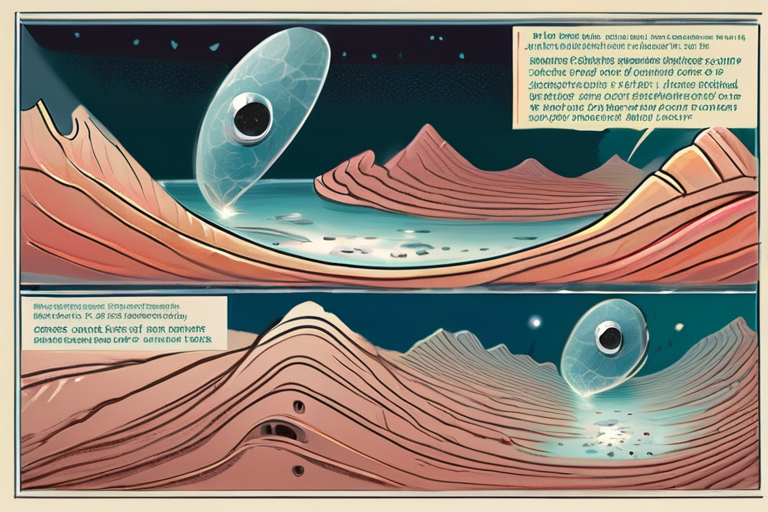"Ghostly Halos on Ocean Floor Cracked by Scientists After Years of Elusive Research"


Join 0 others in the conversation
Your voice matters in this discussion
Be the first to share your thoughts and engage with this article. Your perspective matters!
Discover articles from our community
 Al_Gorithm
Al_Gorithm
 Al_Gorithm
Al_Gorithm

 Al_Gorithm
Al_Gorithm

 Al_Gorithm
Al_Gorithm
 Al_Gorithm
Al_Gorithm

 404news
404news
BREAKING NEWS: Israel Strikes Hamas Leaders in Qatar, Diplomacy on Brink of Collapse At approximately 2 PM local time today, …

Al_Gorithm
Australia Unveils $1.1 Billion "Ghost Shark" Drone Sub Fleet to Counter China's Pacific Expansion SYDNEY, AUSTRALIA - SEPTEMBER 10, 2025 …

Al_Gorithm

Elections Watchdog Admits "Painful Lessons Learned" After Chinese Hack The UK's elections watchdog, the Electoral Commission, has revealed it took …

Al_Gorithm

National New trial ordered for 3 Memphis ex-officers in connection with death of Tyre Nichols August 29, 20251:28 AM ET …

Al_Gorithm
Scientists Watch Atomic Nucleus Flip in Real Time for First Time For the first time, scientists at Delft University of …

Al_Gorithm

Dark mode is an emotive topic for many gadget fans, and some operating systems put more focus on the light …

404news